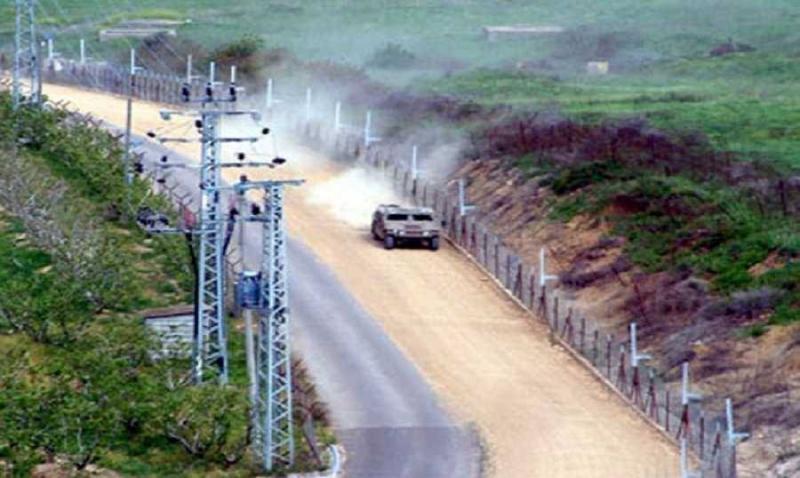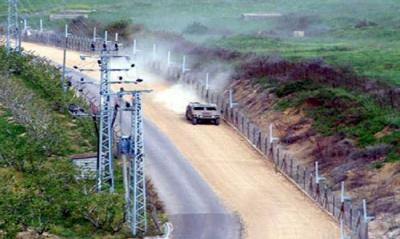As preparations unfold for the end of one American administration and the transition to another, there is much speculation regarding the potential negotiations between an outgoing era and a new one that is beginning to prepare files for the next four years. However, certain decision-making centers and circles of discussion and strategies remain active in shaping the course of U.S. foreign policy, especially concerning Lebanon. Hezbollah continues to assert a separation between the presidential path and the situation in the south, linking the ceasefire there to the end of the war in Gaza, while emphasizing the lack of connection between the two issues. However, these assurances are taken cautiously by the U.S., considering the prudence and caution exhibited by the party in a military phase, waiting for clarity on the regional trajectory, whether in talks with Iran or regarding what Iran desires from negotiations on regional files, banking on its success.
This implies that Hezbollah, in asserting this separation, anticipates costs tied to Iran's gains and its own outcomes from the conflict with Israel. Among these gains is the presidency itself, particularly since it has been engaged in a battle for two years to affirm the legitimacy of its candidate in the face of other political forces, as reported in Al-Akhbar.
Washington has a different perspective, currently prevailing in the existing administration and those preparing for a possible entry into the White House. This viewpoint has been conveyed to multiple concerned parties in Lebanon, the region, and European capitals recently: as much as Washington aims to prevent the war from expanding into Lebanon and is interested in including it in a settlement that avoids Israeli warnings and reaches a ceasefire, it is equally uninterested in any price related to the presidency. Iran has also been made aware of this clearly through ongoing communications at a deliberate pace.
What Washington says is that it is natural for Iran, along with Hezbollah, to gamble on the repercussions of settlements that could result from a ceasefire stage in Gaza and Lebanon. However, there is a firm American insistence on not turning the presidency into a negotiable item. This point has been previously remarked upon in the negotiations concerning maritime demarcation, where neither Hezbollah nor Iran received anything in return concerning the presidency. This will happen again and is not a matter of debate. Hence, there was insistence from the Americans on sending messages to all political forces to proceed with local elections, emphasizing that there is no favored candidate despite all the leaks regarding civilian or military figures.
And because the decision to separate the issues of the presidency from the south or others is established and will not change, it has also been communicated that there is no room for bargaining over the presidency as part of a comprehensive package related to the government or appointments, meaning a complete separation of the presidency from any other internal Lebanese arrangements that evolve under domestic circumstances, not influenced by regional arrangements.
In this context, it becomes natural to deal with the performance of retreating Arab states, particularly Saudi Arabia, which insists in certain circles on reiterating its commitment to a policy of distancing from the presidential issue and even holding a battle over who is counted among its supportive factions. This reduces problems of confrontation with any influential regional or international forces, considering that this file is being managed by the U.S., and consequently, they are entirely disengaged from it, acknowledging that Washington's non-concession in this regard offers them reassurance without needing to engage in that battle.
Thus, the reassurance expressed by Washington's and Riyadh's allies in Lebanon regarding what may arise from settlements related to the southern situation is understood here, as they do not exploit it for the presidency. They operate internally and presidentially based on the positions that reach them from the U.S., regardless of the direction Gaza and the south take, showing no readiness to make any concessions concerning presidential directions. Instead, they intensify their internal pressure as if there are no possible repercussions from developments in the south.
All of this does not mean that Hezbollah, which behaves as if it is separating the southern issue from the presidency, will remain passive or surrender under U.S. pressure. What Americans understand is that the party's prolonged silence regarding the presidency is a result of the absence of a final policy concerning a roadmap for the presidency, waiting for all negotiation cards with Iran and other countries concerned with the Lebanese crisis to be revealed, giving it additional time before the nature of the new U.S. administration and its vision becomes clear. What Washington wants from Lebanon is intertwined with the course of the war in the south, as it may enable the party to re-impose its bargaining style concerning the presidency. So far, the American position entirely contradicts this and suggests that Hezbollah is aware of that, according to Al-Akhbar.




